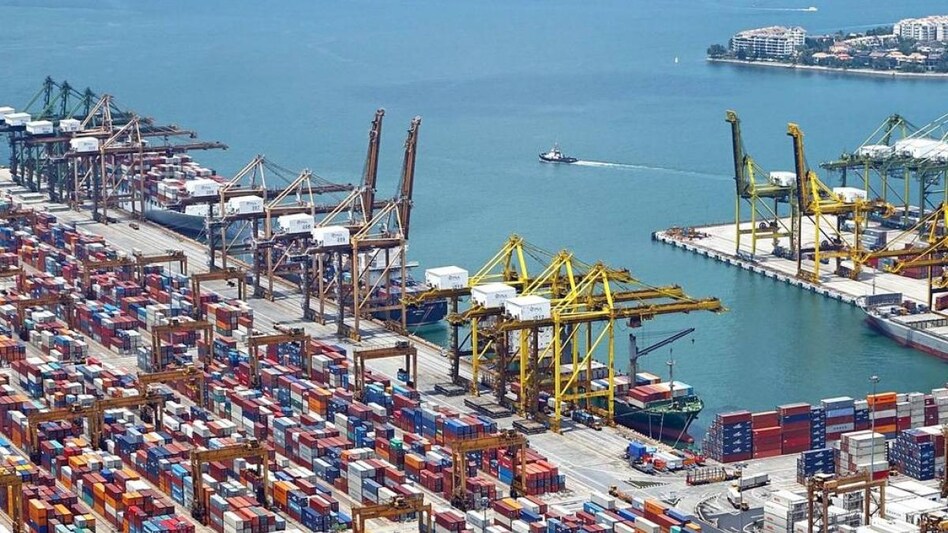
Spain’s Main Imported Goods
Spain, one of Europe’s largest economies, has a diverse import profile due to its vibrant industrial, agricultural, and consumer-driven sectors. As an integral member of the European Union, Spain has established trade partnerships with countries worldwide, importing a variety of goods to support its industries and satisfy domestic demand. Below is an analysis of Spain’s main imported goods:
1. Energy Products
Energy-related products, particularly crude oil and natural gas, form a significant portion of Spain’s imports. Due to limited domestic energy production, Spain relies heavily on imports from countries like Algeria, Nigeria, and the United States. These energy imports support the country’s power generation, transportation, and industrial processes.
2. Machinery and Equipment
Spain imports substantial amounts of industrial machinery, electrical machinery, and electronic equipment. These imports cater to its growing manufacturing sector, which includes automotive production, renewable energy systems, and advanced technology development. Countries such as Germany, China, and France are major suppliers in this category.
3. Automobiles and Vehicle Components
While Spain is a leading automobile manufacturer, it imports vehicles and parts to complement its production. High-end vehicles from Germany and Italy, along with auto components for assembly plants, contribute to this sector’s importance in imports.
4. Chemicals and Pharmaceuticals
Spain’s pharmaceutical industry depends on imported raw materials and finished products. Chemicals used in agriculture, industrial applications, and cosmetics are also key imports. Major sources include Switzerland, Germany, and Belgium.
5. Food and Agricultural Products
Spain imports significant quantities of food items and agricultural commodities, including cereals, oilseeds, and tropical fruits like bananas and pineapples. While Spain has a robust agricultural sector, imports help meet domestic demand and diversify food options. Brazil and Argentina are prominent suppliers in this sector.
6. Textiles and Apparel
Spain imports textiles, raw materials like cotton and synthetic fibers, and finished apparel. These imports support its textile and fashion industries, with fast-fashion brands like Zara and Mango relying on global supply chains. China, Bangladesh, and India are primary sources.
7. Technology Products
Consumer electronics, including smartphones, laptops, and home appliances, represent a significant import category. Spain’s tech-savvy population drives demand for products from companies based in China, South Korea, and the United States.
8. Metals and Raw Materials
Spain imports iron, steel, copper, and aluminum to support its construction and manufacturing sectors. The country’s infrastructure development and industrial machinery production rely heavily on these imported materials.
9. Plastics and Rubber
Plastics and rubber imports cater to diverse industries, including automotive, packaging, and construction. Spain sources these products primarily from European and Asian countries.
10. Luxury Goods
Spain also imports luxury goods such as designer apparel, accessories, and premium vehicles, reflecting the preferences of its affluent consumers. Countries like Italy, France, and Switzerland are key exporters in this segment.
Major Import Partners
Spain’s primary trade partners include countries within the European Union, such as Germany, France, and Italy. Non-EU countries like China, the United States, and Algeria also play significant roles in supplying goods. The geographical proximity and economic ties with Latin America and North Africa further influence Spain’s import portfolio.
Conclusion
Spain’s diverse import profile underscores its interconnectedness with the global economy. From energy products and machinery to food items and luxury goods, imports are vital for sustaining its industries and meeting consumer demands. The country’s robust trade network ensures the continuous inflow of essential goods, making it a key player in international commerce.




Leave a Reply